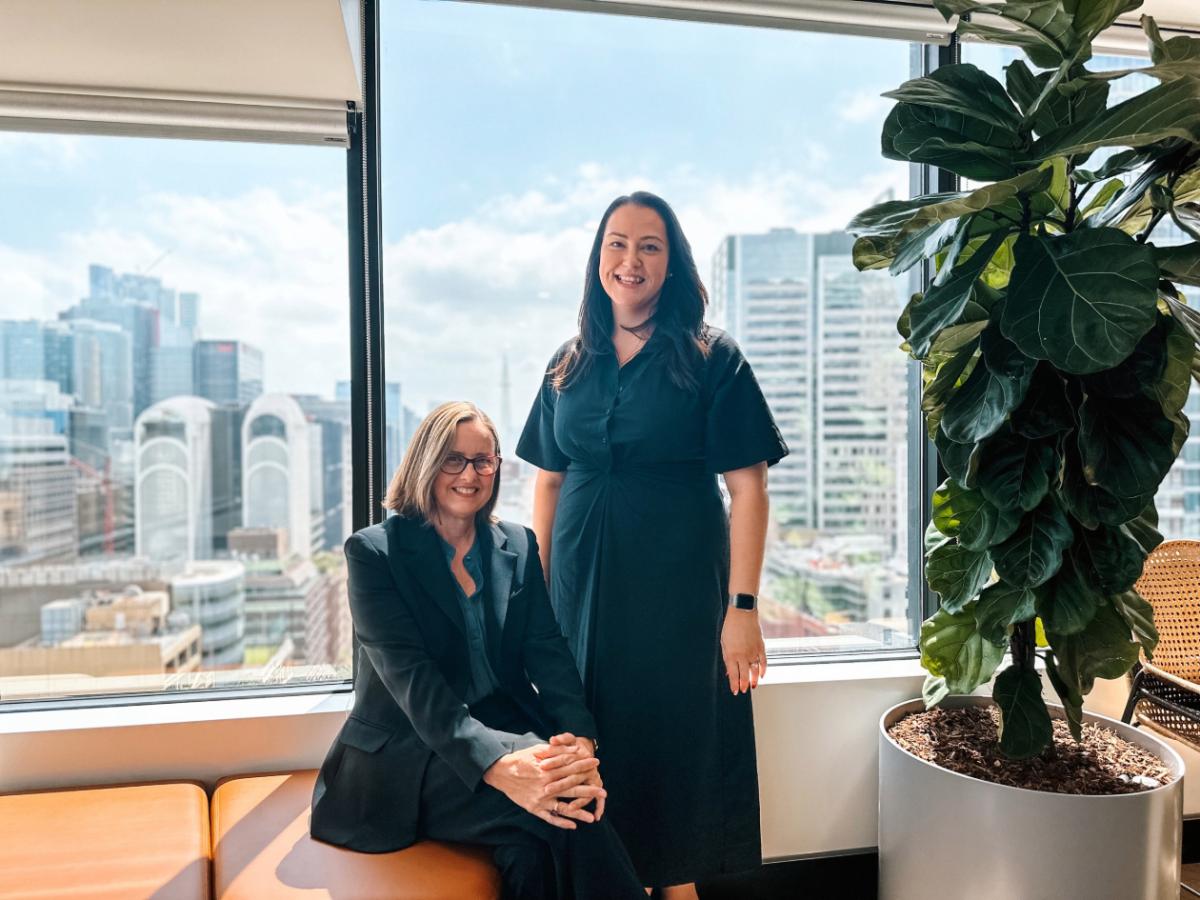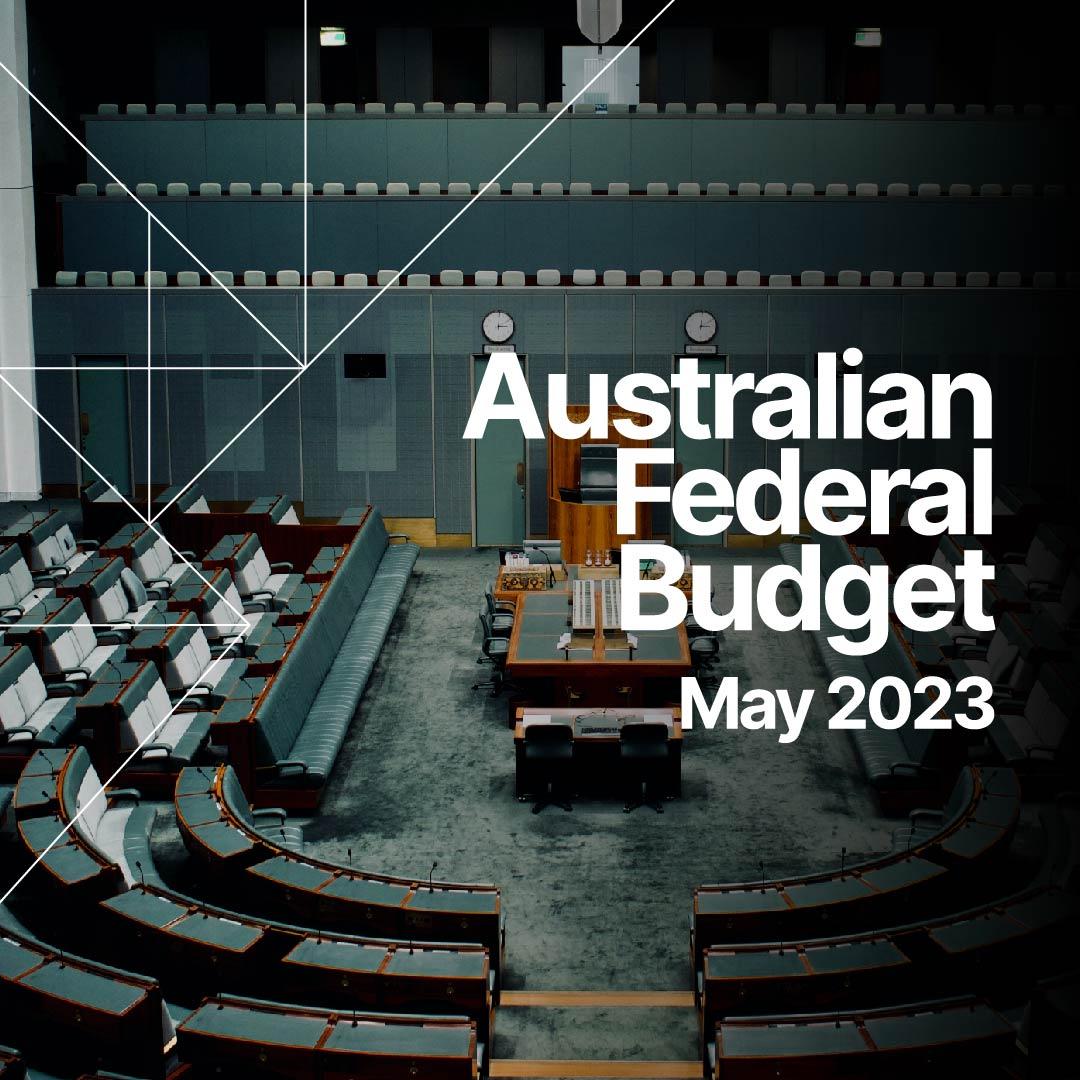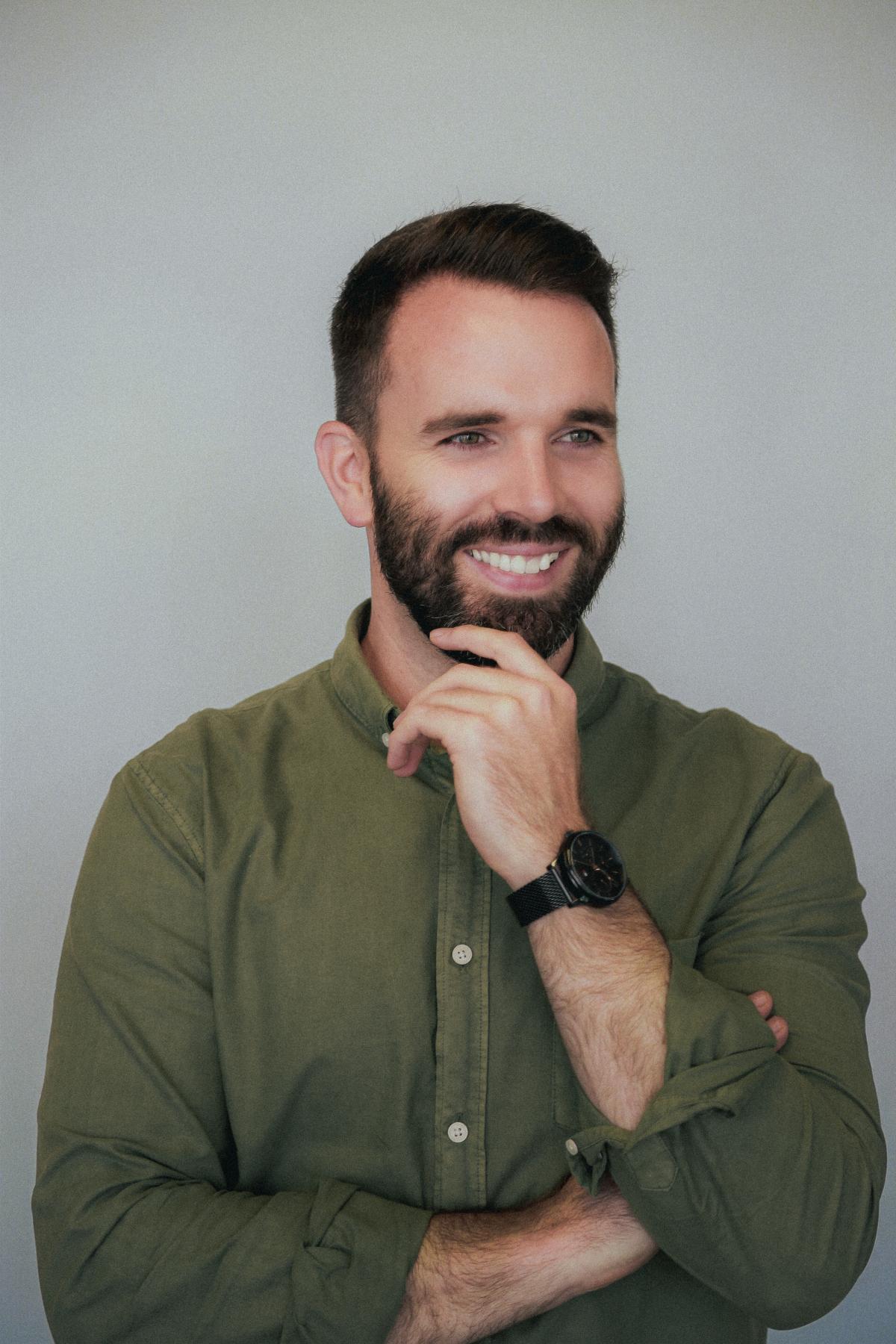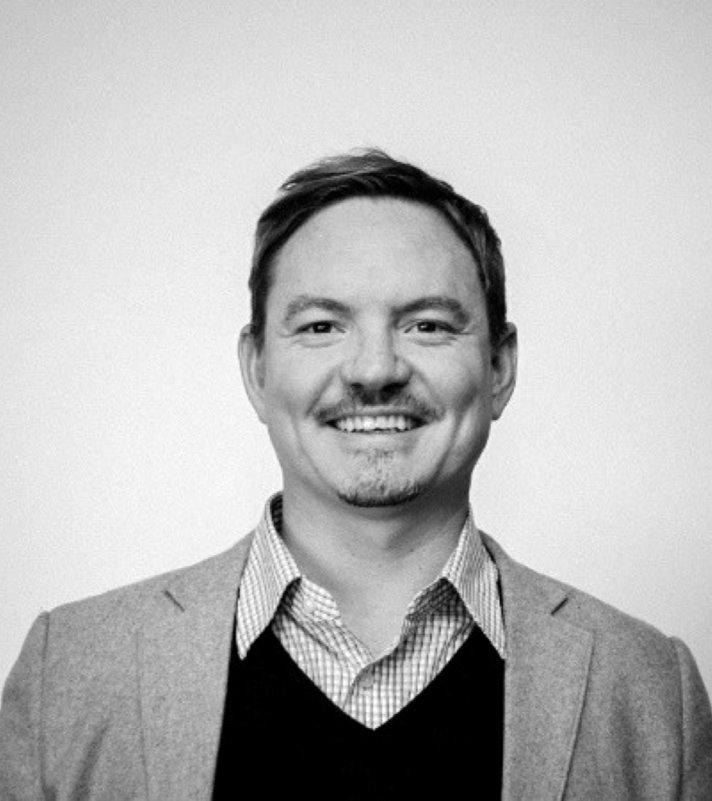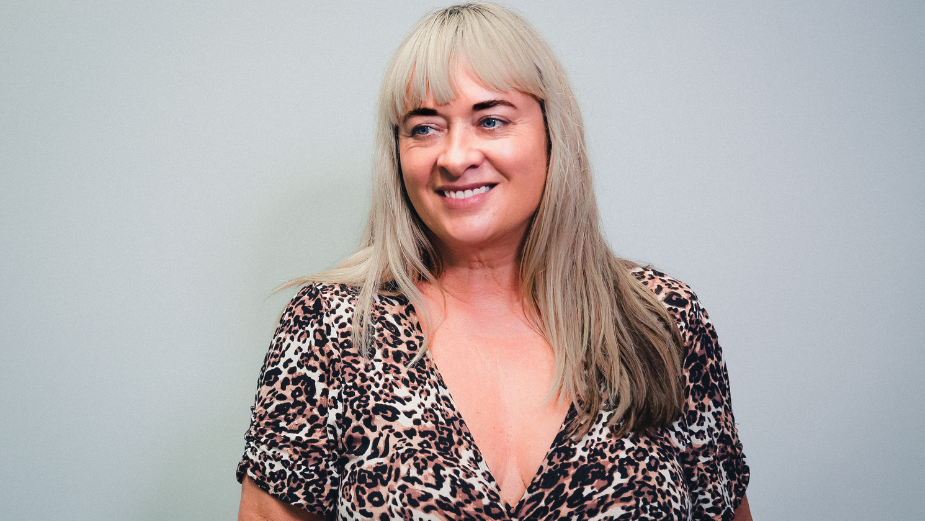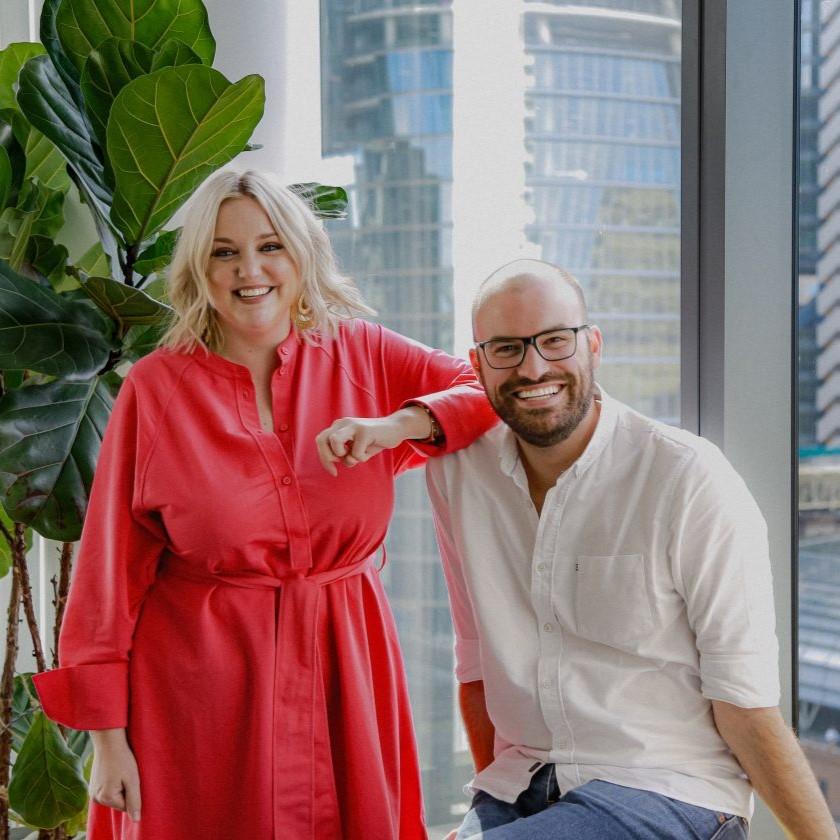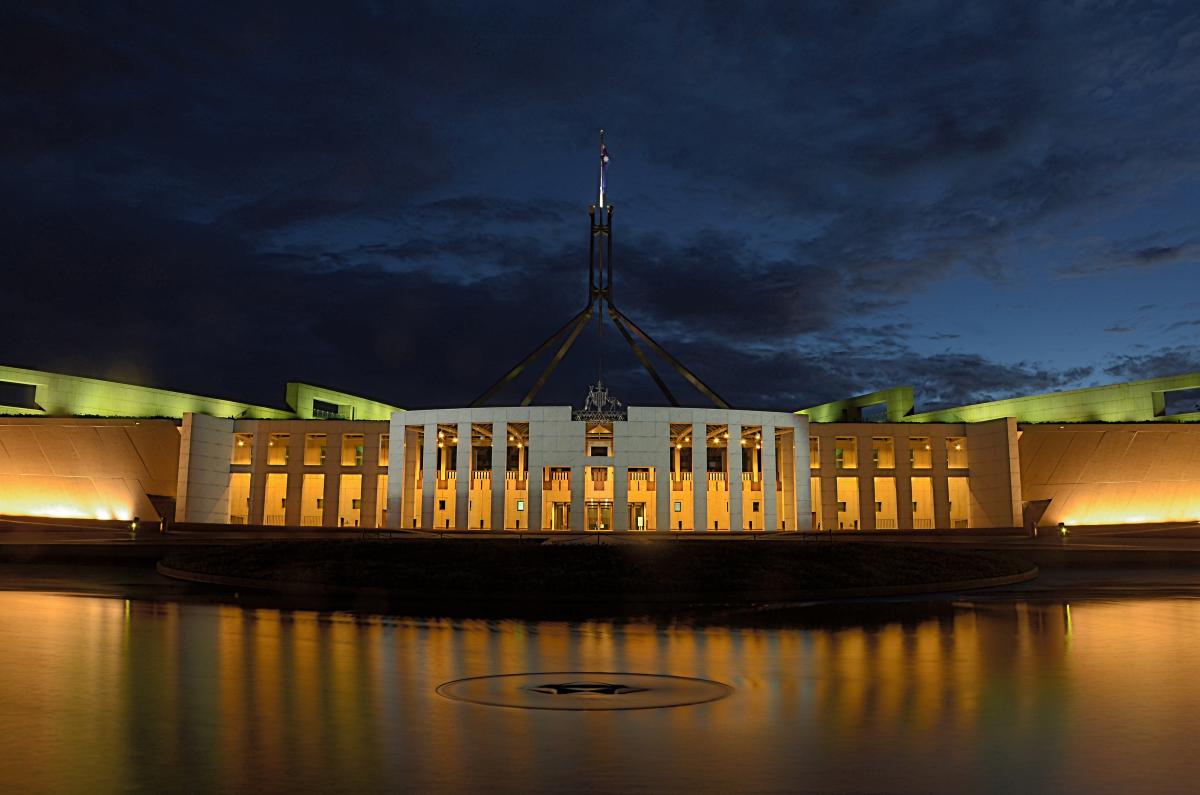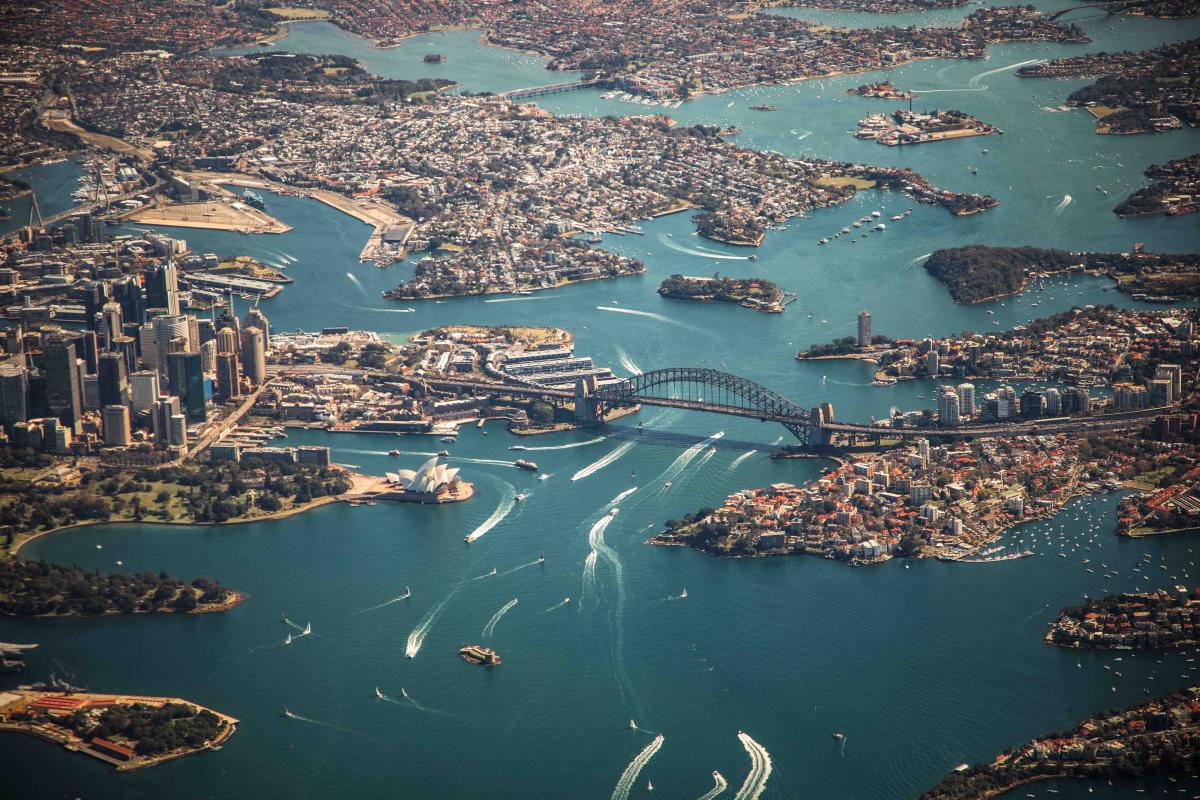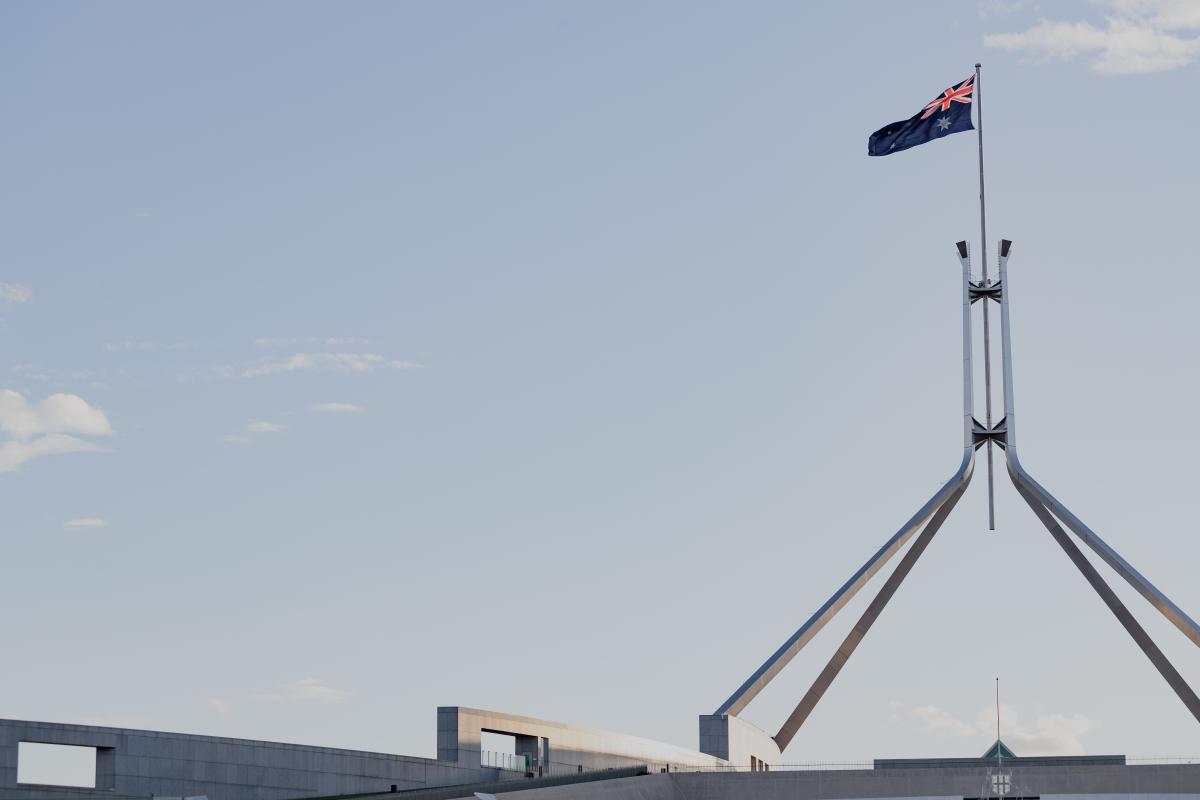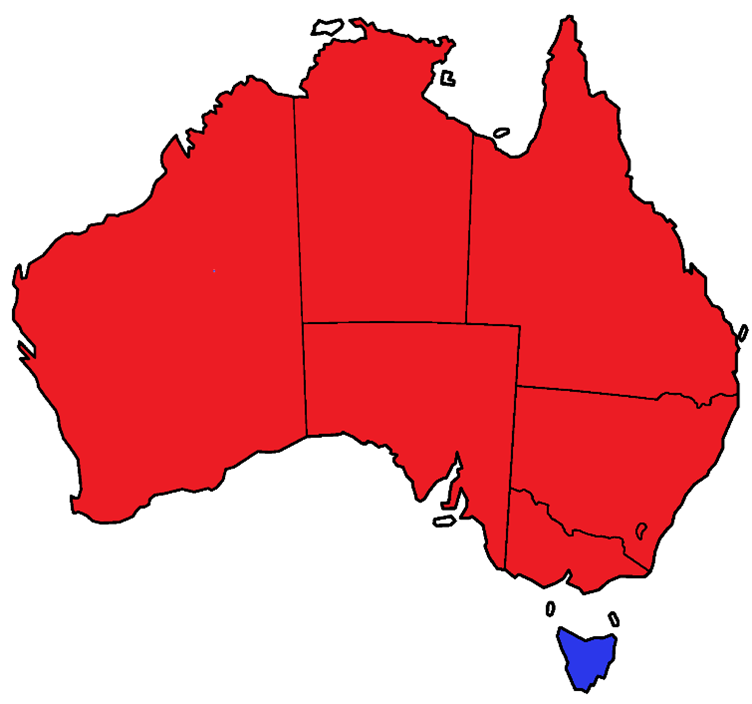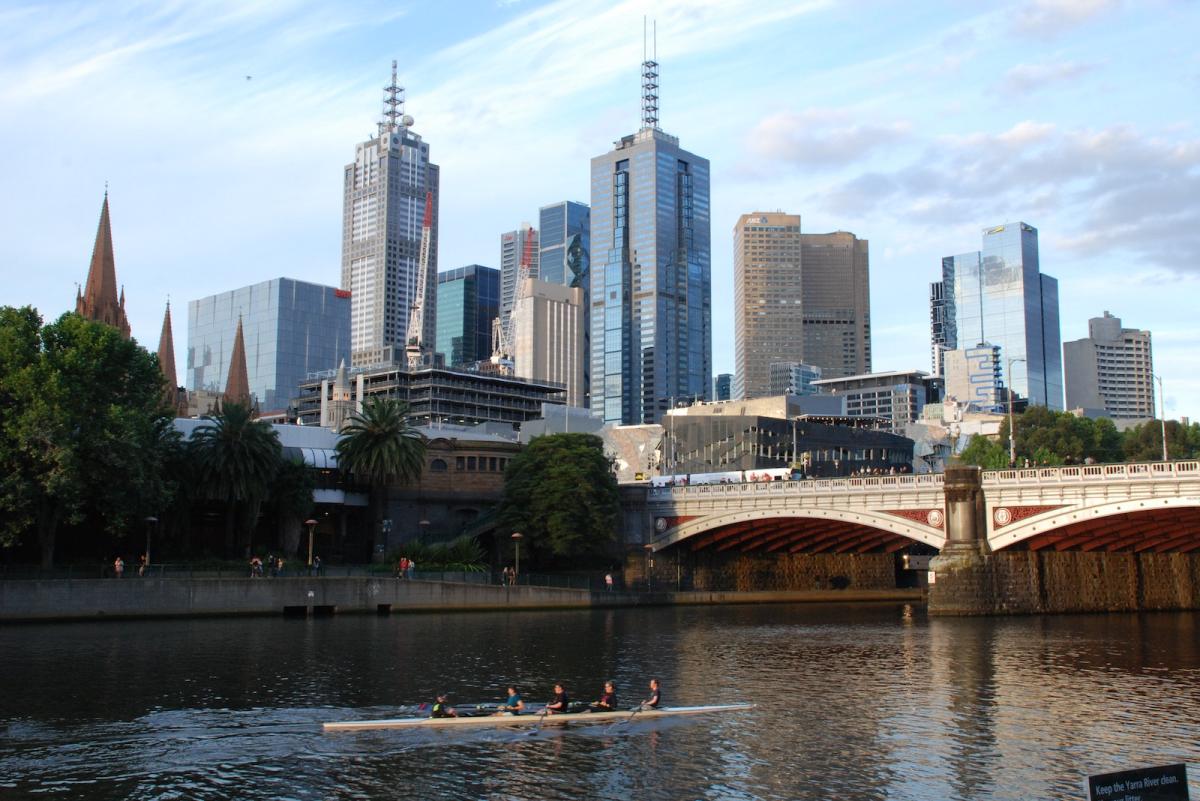SYDNEY, 20 March 2024 - Edelman Australia has announced two new additions to its leadership team, welcoming Fiona Parker as the newly appointed Head of Corporate and Melissa Young as the new Head of People.
Fiona joins Edelman from boutique Australian finance agency, Honner, where she held the position as Chief Strategy Office and led the firms corporate, tech/fintech, and digital assets business. Fiona brings over 20 years or corporate communications experience spanning Australia, Europe, and Asia.
Previously Head of Corporate Communications in Australia for FleishmanHillard and Asia Pacific Technology Practice Director for the former H+K Strategies, Fiona's corporate, B2B, and B2C experience includes blue chip global, regional, and local companies. Fiona also spent several years as an in house Marketing Manager in the telecommunications industry. She brings extensive crisis, issues and reputation management experience, and is an accomplished media, communication skills and crisis preparedness trainer.
Speaking on her appointment, Fiona said, "I'm delighted to join Edelman Australia and be part of its marketing lead team delivering strategic guidance to an impressive client roster at a time of unprecedented reputational complexity in Australia".
“as leaders, they both encapsulate our beliefs and values, centred around our people, while understanding the power of culture and capability at edelman in delivering impactful work for our clients."
- Tom Robinson, ceo edelman australia
Melissa joins from a marketing agency, Cheil Australia, where she served as Head of People and Culture. She is based out of the Sydney office and reports into the APAC People Team Lead, Lin Yanhong, who recently joined as the new Chief People Officer for APAC in Singapore.
A seasoned HR leader with over 15 years experience and strong focus on business partnering, learning and development, strategy, and employee relations, Melissa brings a broad scope of knowledge from industries including advertising, entertainment, education and media.
"I'm excited to join the Edelman team during such a pivotal moment of growth and innovation. Having had the privilege of leading people and culture initiatives the past fifteen years, I'm eager to bring my expertise forward to make a meaningful impact on both our clients and employees," Melissa said.
Tom Robinson, CEO of Australia, added, "We're thrilled to welcome Fiona and Melissa as we continue the expansion of our leadership team. As leaders, they both encapsulate our beliefs and values, centred around our people, while understanding the power of culture and capability at Edelman in delivering impactful work for our clients"


